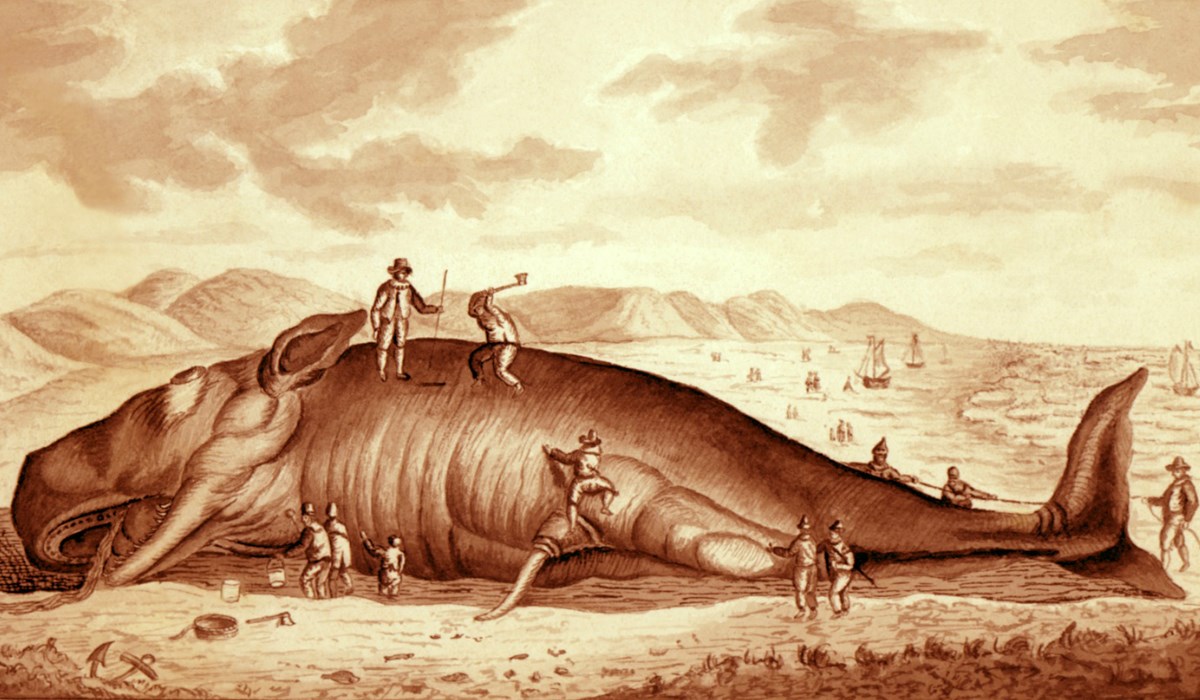
Wampanoag Indians were the first inhabitants of the area that would become New Bedford. They practiced drift-whaling, harvesting the dying or dead whales that washed ashore. The Wampanoags also used harpoons to catch fish for bait — which sharpened the techniques that would make them so valuable aboard whaleships. According to Wampanoag oral history, “the captain deemed himself fortunate to have a Gay Head Aquinnah Wampanoag aboard his whaleship as the harpooner, because of his keen eyesight, strength of arm, and unique balance.” 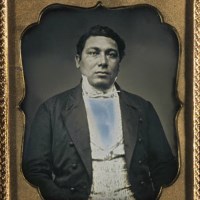
Captain Amos Haskins was a Gay Head Aquinnah from Martha’s Vineyard who advanced through the ranks and became a ship captain – one of a few Native Americans to do so. More information. 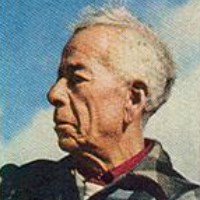
As a Wampanoag man, Amos Smalley felt that his success in harpooning a 90-foot white whale was due to his tribe's relationship with whales. More information. 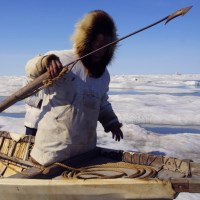
Through the late 1800s, whaling stretched into the Arctic. New Bedford whalemen may have settled these northern villages, while Iñupiat people were recruited for voyages. More information. 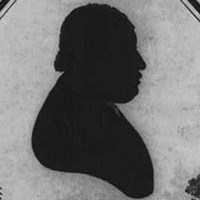
Born on Cuttyhunk Island to a freed African man and Native American woman, Paul Cuffe grew to become a successful whaling captain and respected member of his community. More information. 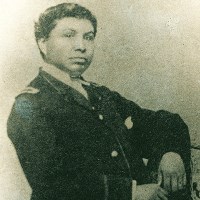
William P. Powell, Jr. was born to an African American father and Wampanoag mother. He later became the first African American physician to receive a contract as a surgeon with the Union Army. More information. 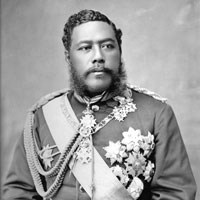
David Kalakaua. Courtesy of Hawai'i State Archives The overfishing of whales in the North Atlantic pushed the Yankee whalemen ever further to remote parts of the globe from Cape Verde, to Cape Horn, to the great unknown Pacific. More information. |
Last updated: December 19, 2018
